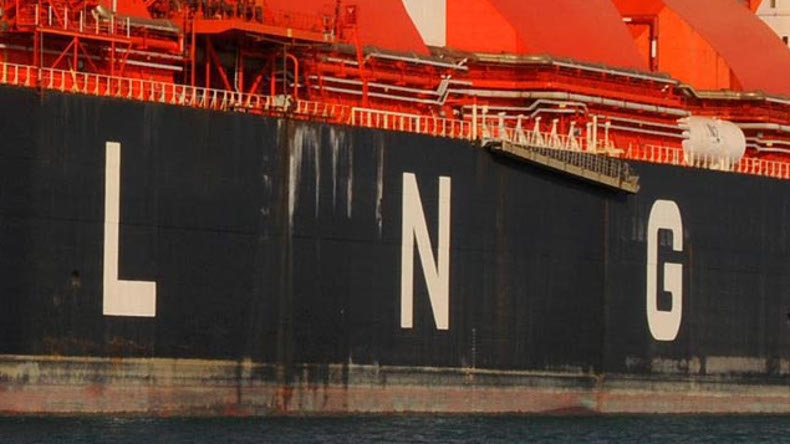LNG market seen flipping from surplus to shortfall
Poten & Partners estimates more than $70 bn of investments in capacity building are now off the table following the collapse of LNG prices. This could result in supply falling behind demand as early as from the middle of this decade
WITH a massive amount of capacity now put on hold, the global liquefied natural gas market is set to flip over from surplus to shortfall in the next five years, a leading ship brokerage has projected.
LNG producers have taken more than $70bn worth of investments off the table. Since March, they have been postponing at least 74m tonnes in annual capacity to beyond this year, Sophie Tan of Poten & Partners business intelligence unit said in a webinar held on Wednesday.
ExxonMobil has further deferred a final investment decision on the 15.2m tonnes per annum Rovuma LNG, with reports suggesting the project may only come onstream in 2030.
BP had also invoked a force majeure claim, citing the coronavirus outbreak, to delay taking delivery of a leased floating liquefaction plant from Golar LNG.
ExxonMobil, BP and other supermajors have come under pressure to slash capital expenditure as their bottom lines and cash flows have been hammered by the collapse in oil prices.
Other LNG producers, including Cheniere Energy, have struggled to secure the contracted offtake needed to back financing needed to undertake either capacity building or expansion.
Ms Tan pointed to a trend among LNG buyers to float tenders seeking cargoes instead of locking in bilateral offtake arrangements with sellers.
These came after LNG spot prices hit new record lows, trading at about $2 per million British thermal unit in Asia.
Demand destruction spilling over from the coronavirus-led disruption following on from a supply glut that built up during a warm winter season have piled pressure on LNG prices and swung the pendulum in favour of buyers.
“Buyers now want to take smaller volumes from more suppliers so as to increase their negotiating power,” Ms Tan observed.
Some buyers have already cancelled deliveries of more than two dozen cargoes contracted with LNG projects in the US.
Poten & Partners global head of business intelligence Jason Feer forewarned last week of a need to cancel 30 to 40 more cargoes through to October.
Taking the changing market dynamics into account, Mr Feer suggested that the LNG market, which was widely seen as facing surplus by the mid-2020s, may now see a supply shortfall emerging in the next five years given that plans to build more capacity have now been put on ice.
Poten & Partners has however, highlighted one silver lining amid the doldrums — with more cargoes now floated for spot trades, new buyers have emerged on the horizon.
Thailand’s state-owned PTT has made clear its intent to make use of low spot prices to stockpile LNG imports.
The local government there had instructed PTT earlier this year to look at ramping up on imports of spot cargoes.
Ms Tan said that Thailand is expected to seek 15m tonnes of LNG supply annually to fill in supply gaps emerging from declining domestic gas production.
Along with Thailand, Vietnam and the Philippines are set to join the league of LNG importing countries, which will grow to 13- to 14-strong, up from 11 at present, she suggested.
Vietnam Electricity has already issued a tender for the supply of 400,000 tonnes per annum of LNG starting from 2022 or 2023.
This tender is likely to drag out as the buyer has set out certain challenging requirements, Ms Tan said.




